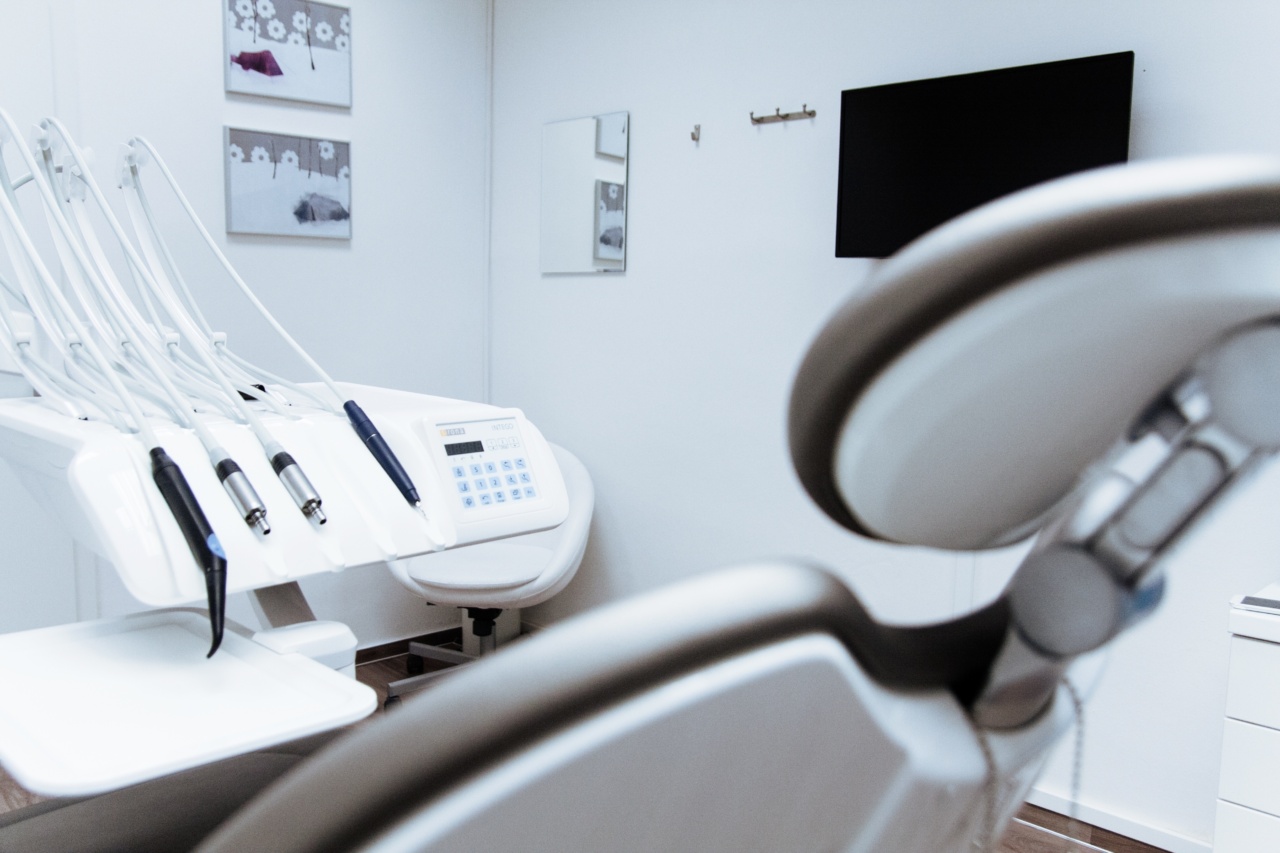Falls are a common occurrence among the elderly population. According to the Centers for Disease Control and Prevention (CDC), one in every four Americans aged 65 and above falls each year.
Falls can cause serious injuries, and they are the leading cause of death from injury in this age group. Studies have shown that there is a strong connection between falls and cardiovascular health.
What is Cardiovascular Health?
Cardiovascular health refers to the overall health and functioning of your cardiovascular system, including your heart, blood vessels, and blood flow.
Good cardiovascular health is important for maintaining a healthy body and preventing heart disease, stroke, and other conditions.
Why Does Cardiovascular Health Matter for Falls?
Studies have shown that cardiovascular health is directly connected to falls in older adults. Cardiovascular diseases, such as hypertension, heart failure, and atherosclerosis, can lead to decreased blood flow to the brain.
This can affect a person’s balance, coordination, and ability to walk safely.
One study has shown that older adults with heart disease are at an increased risk for falls. In the study, those with heart disease were more likely to experience a fall compared to those without heart disease.
What are the Risk Factors for Falls?
Several risk factors can increase your likelihood of falling. Some of these include:.
- Poor balance
- Muscle weakness
- Poor eyesight
- Environmental hazards, such as uneven flooring or poor lighting
- Medications that can cause dizziness or drowsiness
However, cardiovascular diseases and their related risk factors are also important to consider. Risk factors for cardiovascular diseases include:.
- High blood pressure
- High cholesterol
- Diabetes
- Smoking
- Lack of physical activity
These risk factors can lead to decreased blood flow to the brain and increase the risk of falls in older adults. Therefore, it is essential to manage these risk factors to prevent falls.
How Can You Improve Cardiovascular Health to Prevent Falls?
Improving cardiovascular health can help prevent falls. Here are some tips to consider:.
- Exercise regularly: Regular physical activity can improve cardiovascular health, muscle strength, and balance. Aim for 30 minutes of moderate activity at least 5 days a week.
- Eat a healthy diet: A diet rich in fruits, vegetables, whole grains, and lean proteins can help prevent cardiovascular disease.
- Manage chronic conditions: If you have high blood pressure, high cholesterol, or diabetes, work with your healthcare provider to manage these conditions effectively.
- Avoid smoking: Smoking can increase your risk of cardiovascular disease. Quitting smoking can have a significant impact on your overall health.
- Manage your medication: Some medications can cause dizziness or drowsiness, which can increase your risk of falls. Talk to your doctor or pharmacist if you experience these symptoms.
By taking care of your cardiovascular health, you can improve your balance, coordination, and ability to walk safely, which can reduce your risk of falling as you age.
Conclusion
Falls are a common problem among older adults, and they can cause serious injuries.
Cardiovascular health is an essential factor to consider when it comes to falls, as cardiovascular diseases can lead to decreased blood flow to the brain, affecting a person’s balance and coordination. Managing risk factors for cardiovascular disease, such as high blood pressure and diabetes, can help prevent falls.
By incorporating regular physical activity, healthy eating, and other lifestyle changes, you can improve your cardiovascular health and prevent falls as you age.





























